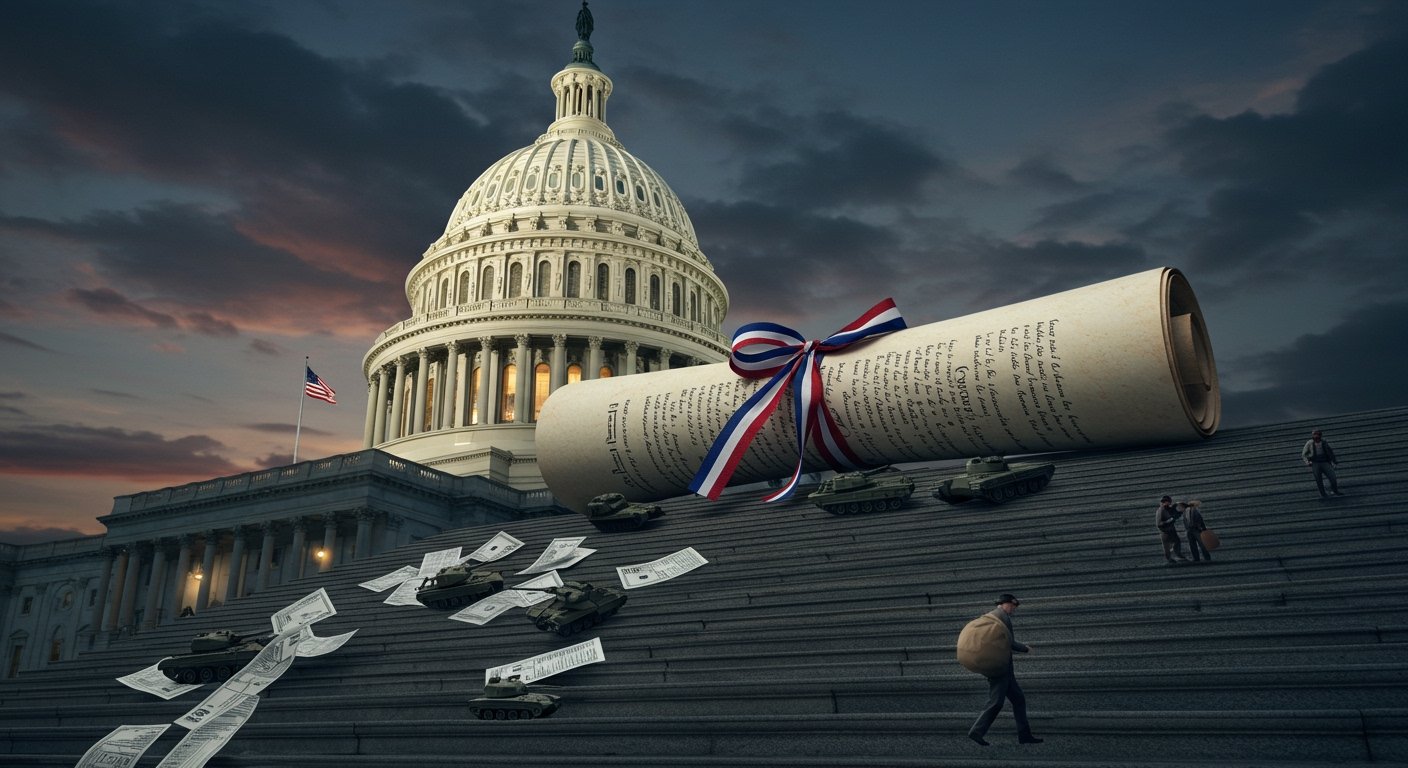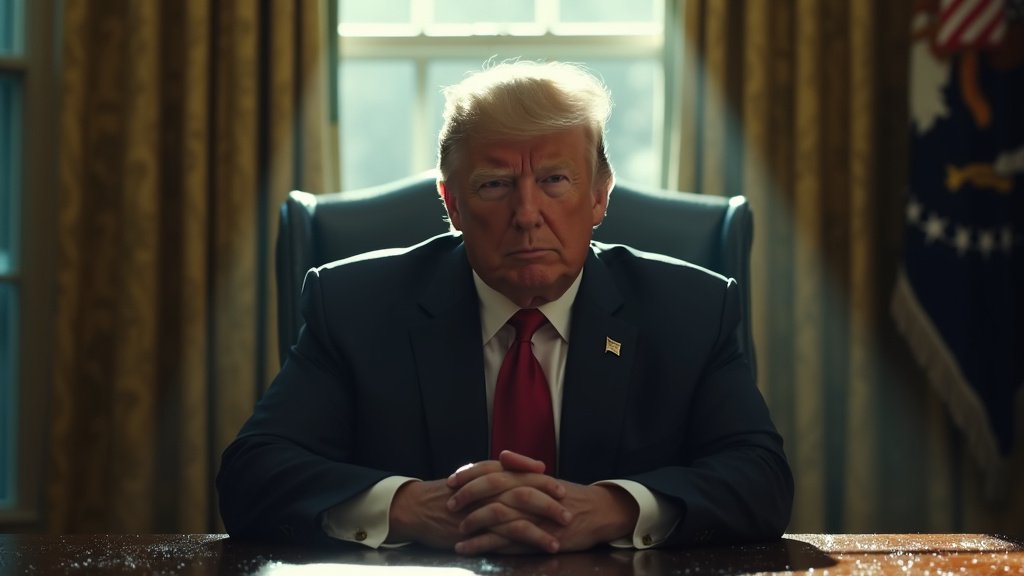President Donald Trump has announced his intention to sign an executive order that would mandate voter identification for every vote cast, stating unequivocally, “Voter I.D. Must Be Part of Every Single Vote. NO EXCEPTIONS!”. The proposed directive also signals an intent to restrict mail-in voting, allowing exceptions only for those who are severely ill or military personnel stationed overseas, while also advocating for the exclusive use of paper ballots..
This significant move in American politics is framed by the President as a crucial step towards overhauling the nation’s electoral system and bolstering election integrity. The announcement comes as Trump continues to assert, without evidence, that widespread fraud undermined his 2020 election loss and fuels ongoing concerns about the security of future elections..
Details of the Proposed Executive Action
The anticipated executive order would represent a substantial federal push towards uniform voter identification requirements across the country. Currently, voter identification laws vary significantly from state to state; 36 states require some form of identification at the polls, with 25 mandating photo identification and 11 requiring non-photo identification. Fourteen states, however, do not require identification for in-person voting.. Trump’s “no exceptions” mandate aims to standardize this, potentially impacting millions of American voters, particularly in states that currently have less stringent identification requirements..
The accompanying plan to curb mail-in voting, limiting it to specific exceptions, also signals a broader strategy to reshape election procedures ahead of upcoming contests. Trump has previously expressed a preference for in-person voting and has criticized mail-in ballots, citing them as prone to fraud..
A Continuing Focus on Election Integrity
This latest announcement follows a series of actions and statements by Trump aimed at reinforcing his election integrity platform. In March, he signed an executive order requiring documentary proof of citizenship for federal election registration and mandating that all ballots be received by Election Day.. However, parts of that order faced legal challenges, with a judge blocking some provisions, citing the Constitution’s allocation of electoral power to states and Congress, not the presidency.. The proposed voter ID mandate appears to be an extension of this effort, bypassing congressional action and seeking to implement changes via executive authority.
Constitutional Authority and State Control
The scope of an executive order mandating universal voter ID raises significant legal and constitutional questions. Federal elections are primarily administered at the state level, and presidents generally do not possess the authority to unilaterally impose such widespread mandates on state election processes.. Critics and legal scholars question whether the President has the constitutional power to enact such a measure nationwide, given the established roles of states and Congress in regulating federal elections..
The Enduring Debate Over Voter Identification
The concept of voter identification laws is a perennial topic in American politics, often pitting concerns for election security against arguments for voter access. Proponents, including many in the Republican party, argue that voter ID requirements are essential to prevent voter fraud, ensure election integrity, and are popular among the general public.. Polls suggest broad support for voter ID laws across various demographic groups, with a significant majority of Americans favoring such measures..
Conversely, opponents contend that these laws disproportionately burden and disenfranchise certain segments of the population, including minority groups, low-income individuals, the elderly, and students, who may have less access to the required documentation.. They point to research indicating that in-person voter fraud is rare and argue that strict ID laws act as a form of voter suppression rather than a genuine security measure.. Studies on the impact of voter ID laws have yielded mixed results, with some research suggesting that stricter requirements can depress turnout, particularly among vulnerable populations..
Potential Ramifications for American Voters
If enacted, a universal voter ID mandate could significantly alter the voting process for many American citizens. The debate highlights a fundamental tension in the American democratic system: balancing the imperative of election security with the fundamental right of every eligible citizen to cast a ballot without undue obstacles. As this news develops, the practical and legal challenges to implementing such a sweeping executive order are expected to be substantial, ensuring the discussion over voter identification and election rules will remain a central issue in national politics.











